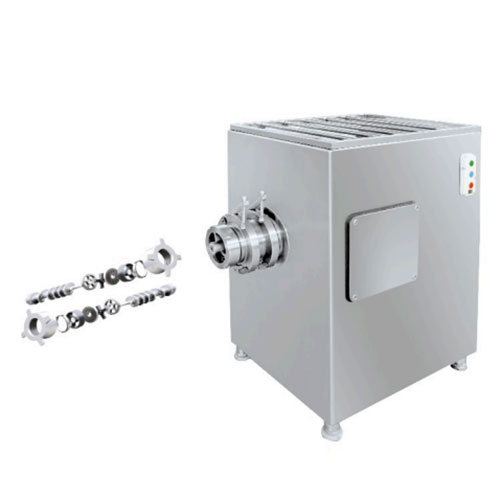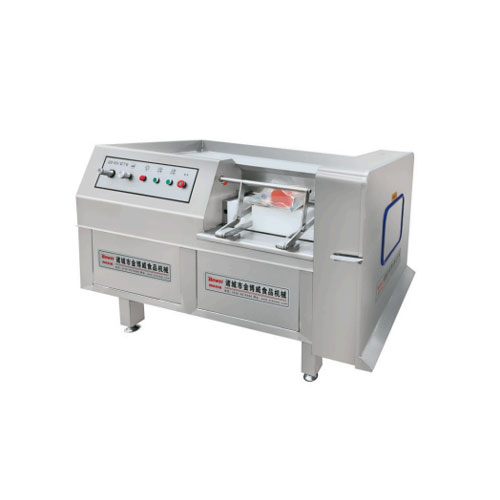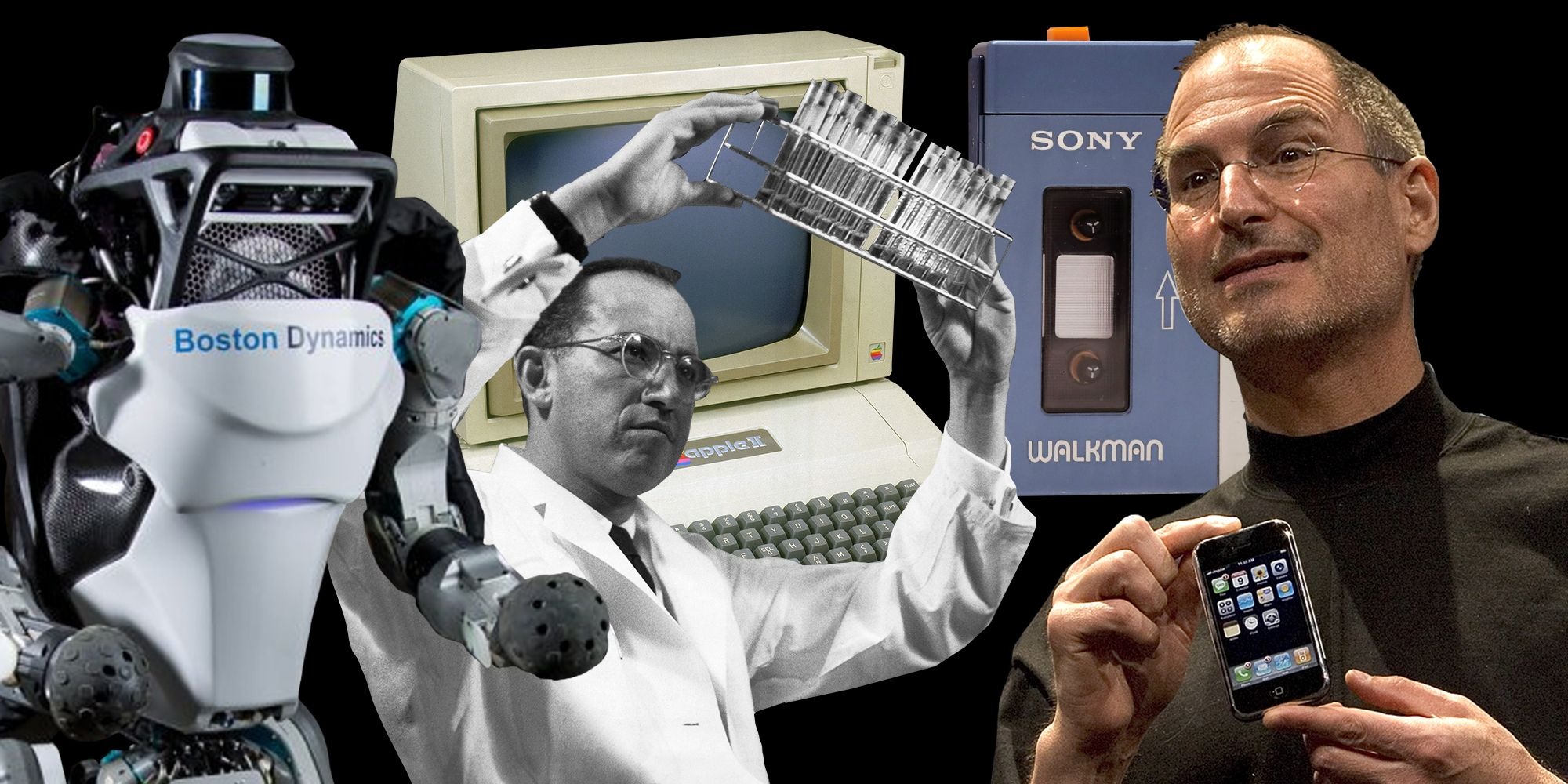The Importance of Food Processing Machines for Better Efficiency and Quality
In today's fast-paced world, efficiency and quality are paramount in the food industry. As consumer demands for fresh, convenient, and delicious food options continue to rise, food processing machines have become indispensable tools for businesses and home cooks alike. These machines streamline various food preparation tasks, ensuring consistent results while saving time and effort.

Why Food Processing Machines are Essential
Increased Productivity
Food processing machines are designed to handle large volumes of ingredients quickly and efficiently. From slicing and dicing to mixing and kneading, these machines can complete tasks that would take significantly longer if done manually. This increased productivity allows businesses to meet high demand and scale their operations without compromising quality.
Consistent Quality
One of the key advantages of using food processing machines is the consistent quality they provide. Manual food preparation can lead to inconsistencies in texture, size, and shape, which can affect the overall taste and appearance of the final product. Food processing machines ensure that each batch is processed uniformly, resulting in a consistent end product every time.
Reduced Waste
Precise cutting and portioning capabilities of food processing machines help minimize waste. By accurately slicing or dicing ingredients to the desired size, businesses can reduce the amount of trimmings and scraps, maximizing the use of their raw materials and lowering overall costs.
Improved Safety
Manual food preparation can be physically demanding and sometimes dangerous, especially when dealing with sharp knives or heavy ingredients. Food processing machines are designed with safety features that protect users from potential injuries, such as automatic shut-off mechanisms and blade guards.

Types of Food Processing Machines
There are various types of food processing machines available, each designed to cater to specific tasks and industries. Here are some common examples:
- Slicers and Dicers: These machines are used for precisely slicing or dicing vegetables, fruits, and other ingredients. They come in different sizes and configurations to accommodate various volumes and cutting requirements.
- Mixers and Blenders: From small countertop models to large industrial mixers, these machines are essential for blending, emulsifying, and mixing ingredients for sauces, doughs, batters, and more.
- Choppers and Grinders: These versatile machines can grind, chop, or mince a variety of ingredients, including meats, vegetables, and spices, making them ideal for preparing fillings, dressings, and condiments.
- Peelers and Strippers: Designed for efficient vegetable and fruit preparation, these machines quickly and evenly peel or strip skins from various produce items.
- Shredders and Grating Machines: Perfect for cheese, vegetables, and other ingredients, these machines shred or grate items into desired textures and sizes.
- Bakery Equipment: Specialized machines like dough mixers, sheeters, and dividers are essential for commercial bakeries and pastry shops, ensuring consistent dough preparation and portioning.
Choosing the Right Food Processing Machine
When selecting a food processing machine, it's essential to consider factors such as your specific needs, the volume of production, and the types of ingredients you'll be working with. Here are some key considerations:
- Capacity and Volume: Determine the required output capacity based on your production needs. Larger machines are better suited for commercial or high-volume operations, while smaller countertop models may suffice for home or small-scale use.
- Versatility: Consider machines that can handle multiple tasks or accommodate various attachments and accessories. This versatility can save space and reduce the need for multiple specialized machines.
- Ease of Use and Cleaning: Look for machines with intuitive controls, clear instructions, and easy-to-clean designs. This will ensure efficient operation and proper maintenance, prolonging the lifespan of the equipment.
- Safety Features: Prioritize machines with built-in safety mechanisms, such as blade guards, emergency stops, and automatic shut-off systems, to protect users from potential injuries.
- Durability and Reliability: Invest in high-quality machines from reputable brands known for their durability and reliable performance, especially for commercial or heavy-duty applications.
By incorporating food processing machines into your operations, you can streamline processes, ensure consistent quality, and meet the growing demand for fresh, delicious, and convenient food products. Whether you're a professional chef, a small business owner, or a home cooking enthusiast, these machines can revolutionize the way you prepare and process food.




